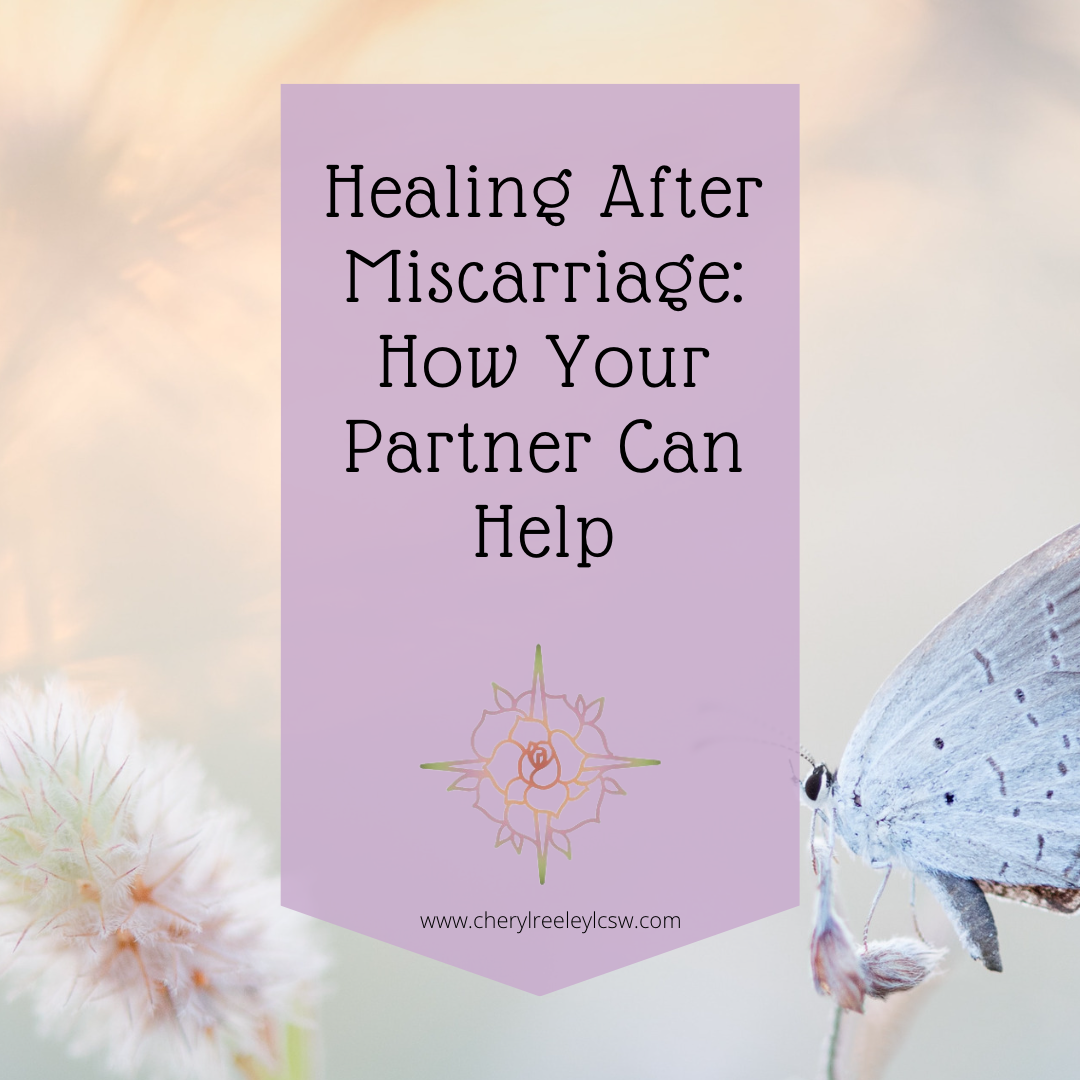
Healing After Miscarriage: How Your Partner Can Help
Healing After Miscarriage: How Your Partner Can Help

Pregnancy After Miscarriage: How to Cope with Grief and Joy
Pregnancy After Miscarriage: How to Cope with Grief and Joy

Symptoms of a Miscarriage and How to Cope with the Loss
Symptoms of a Miscarriage and How to Cope with the Loss

New Year’s Resolutions for Moms: Putting Your Health First
New Year’s Resolutions for Moms: Putting Your Health First

Mood Disorders in Motherhood and How to Cope

Stress During the Holidays and How it Affects Mothers

Anxiety and ADHD in Mothers: When Being a Mom Seems Impossible
Anxiety and ADHD in Mothers: When Being a Mom Seems Impossible

Motherhood and the Holidays: Setting Boundaries for Your Mental Health
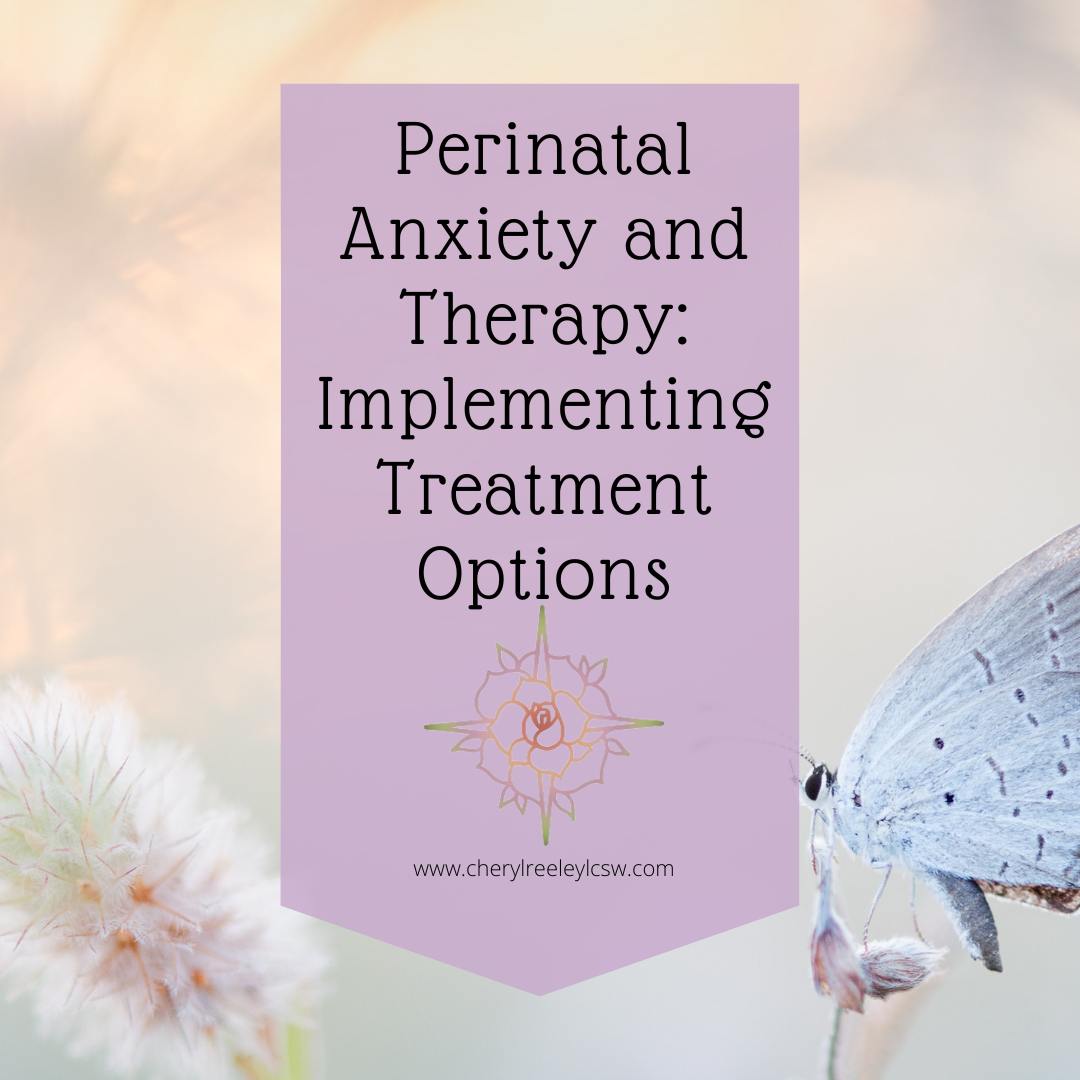
Perinatal Anxiety and Therapy: Implementing Treatment Options

6 Ways to Cope with Perinatal Anxiety

What is Perinatal Anxiety: Understanding Anxiety in Pregnancy

What is Perinatal Depression: Understanding Depression in Pregnancy
The world around us hides the ugliness that can appear in the “happy” seasons of life. When pregnancy is talked about, it typically revolves around a theme of excitement, anticipation, and happiness. But there is more to pregnancy than a growing human; some moms-to-be even experience perinatal depression (also known as prenatal depression).

What is Postpartum Psychosis and Do I Have It?
What is Postpartum Psychosis and Do I Have It?

How to Treat Postpartum Depression: You Are Not Alone
Too often, moms find themselves suffering with postpartum depression. Usually through fear, they end up suffering alone and in silence hoping for it to go away or just get through it. Research actually shows that if left untreated, mothers can experience postpartum depression for months or years depending on the severity. Needless to say, finding out how to treat postpartum depression is the best course of action.
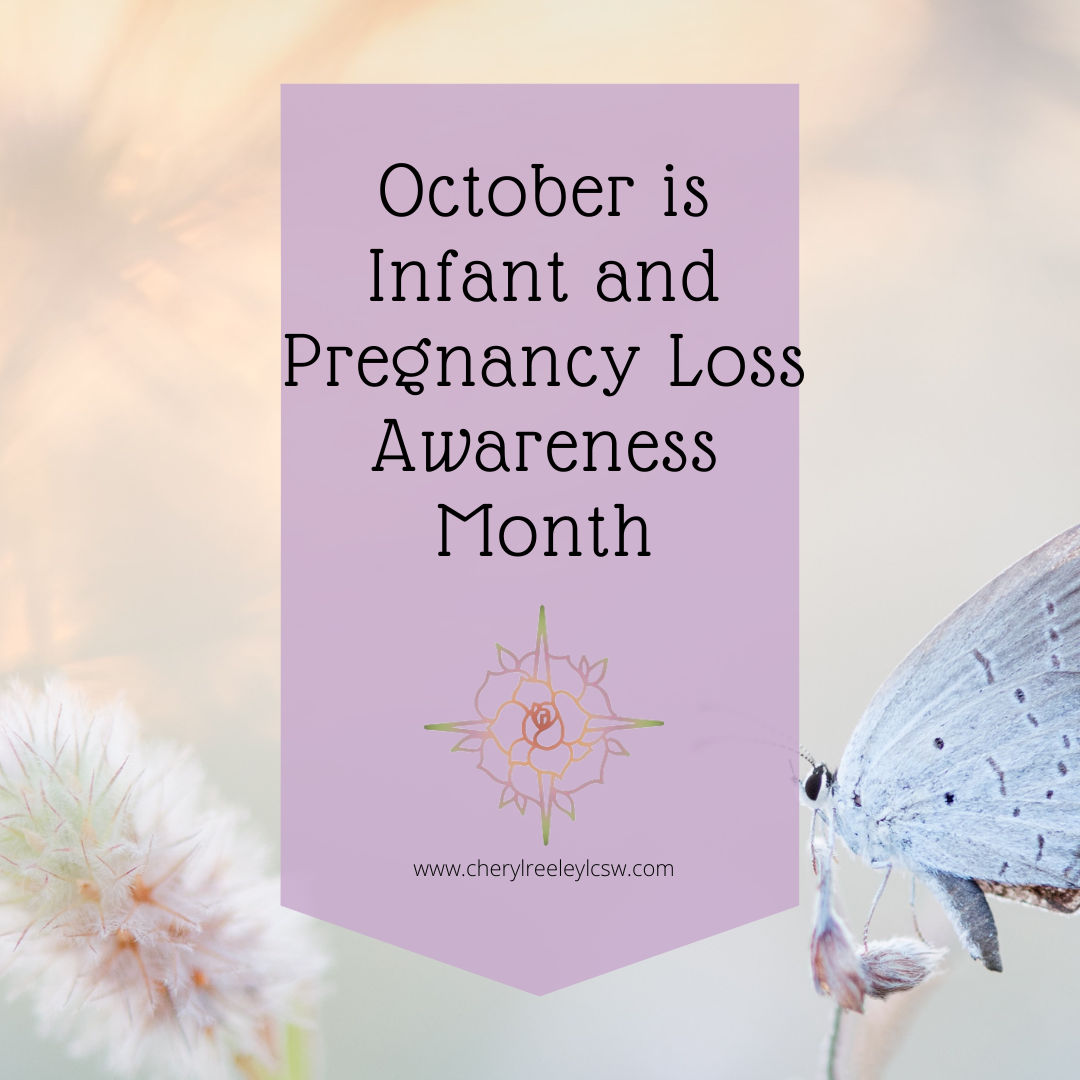
October is Infant and Pregnancy Loss Awareness Month
October is Infant and Pregnancy Loss Awareness Month
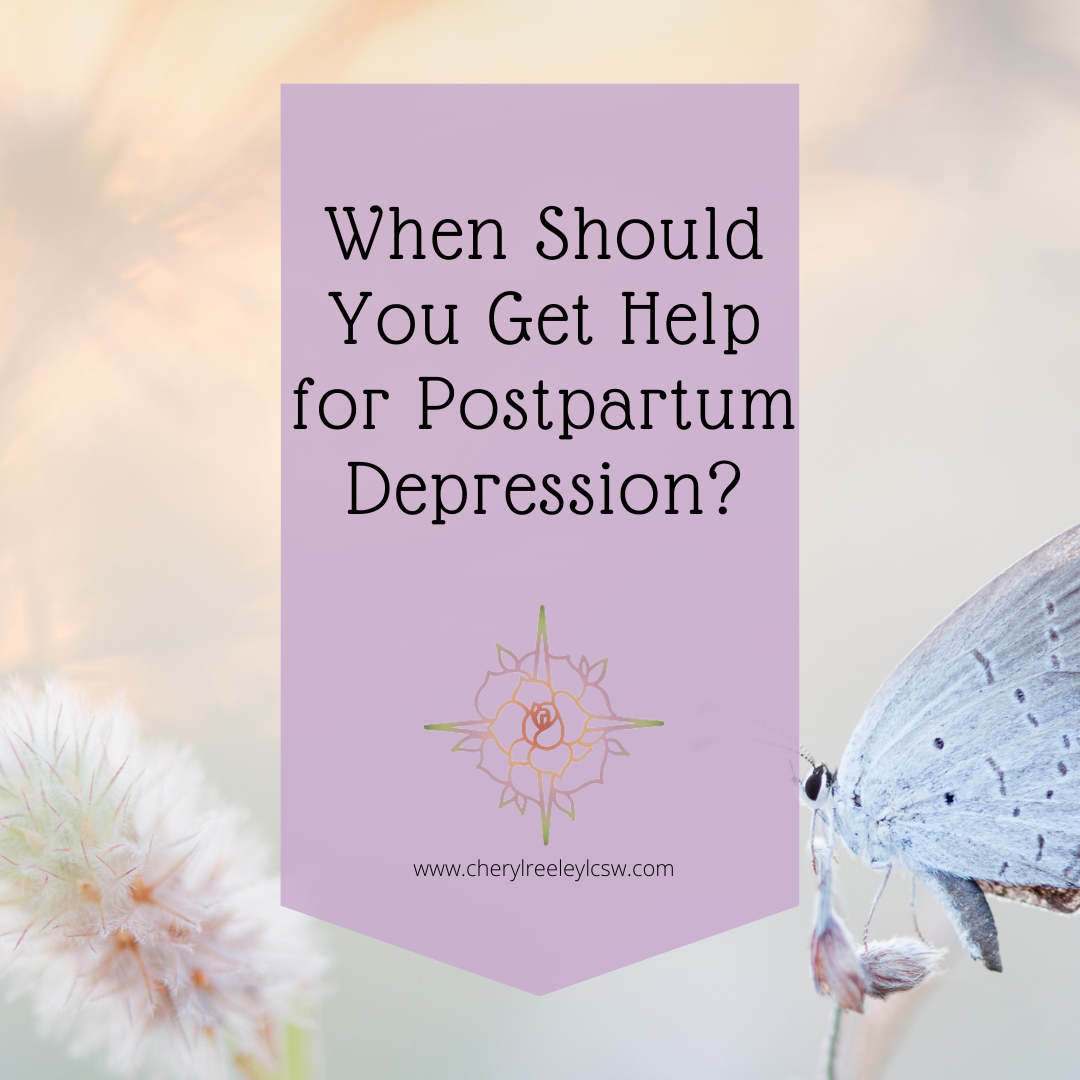
When Should You Get Help for Postpartum Depression?
It happens to many moms; one moment you’re pregnant and the next moment, you are postpartum. There is no trial run in between. It is overwhelming right away to say the least. This can make it difficult to recognize signs that something isn’t quite right and you need to get help with postpartum depression.

Changing Society’s Perspective on Maternal Mental Health

How to Find the Right Therapist for Maternal Mental Health
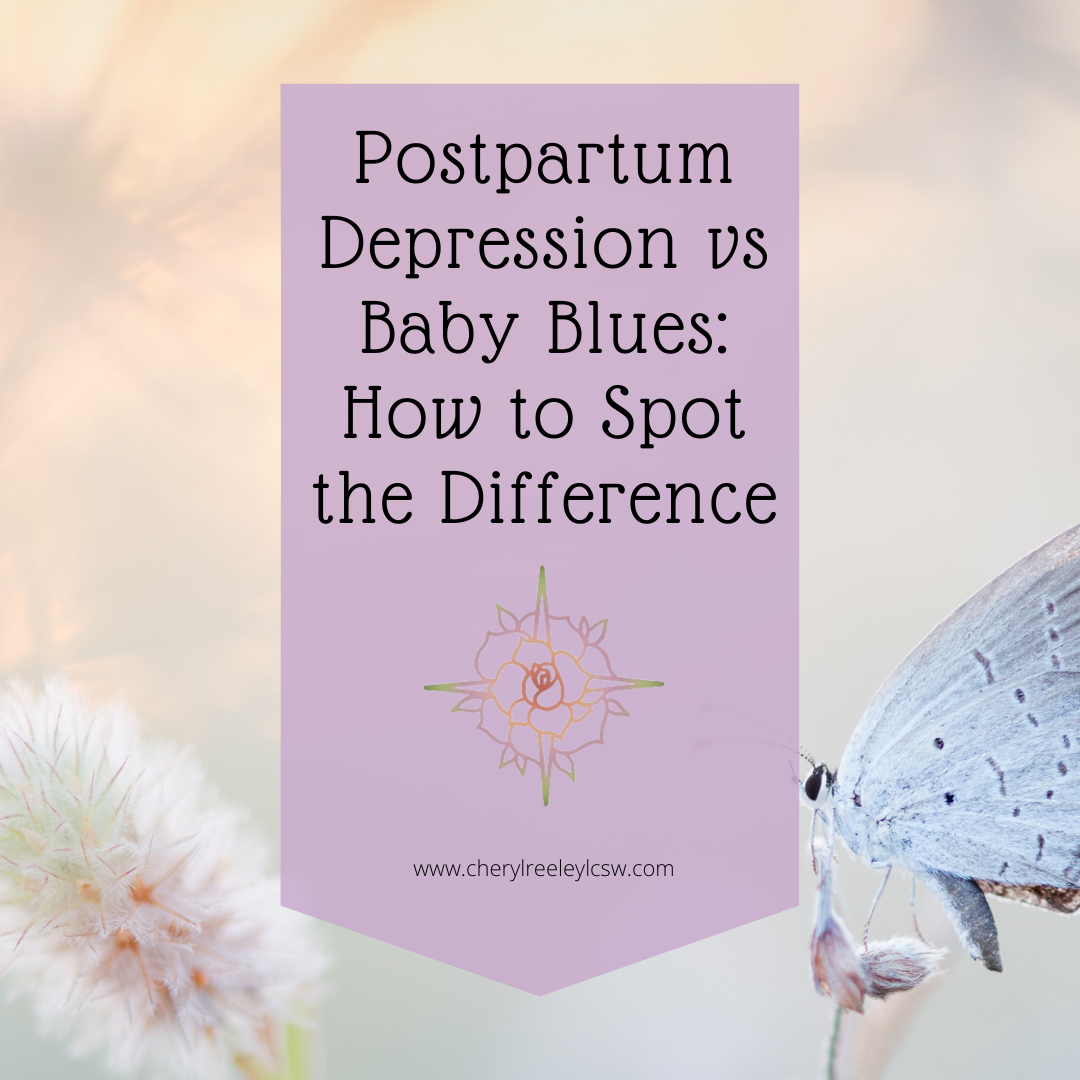
Postpartum Depression vs Baby Blues: How to Spot the Difference
Postpartum depression (also known as PPD) is actually a common experience many new moms go through. The research shows that as many as 30% of new moms are diagnosed with PPD. The tricky part about this statistic is that many moms don’t report to their doctors about experiencing postpartum depression, which leads us to conclude about half of mothers with PPD aren’t being diagnosed.
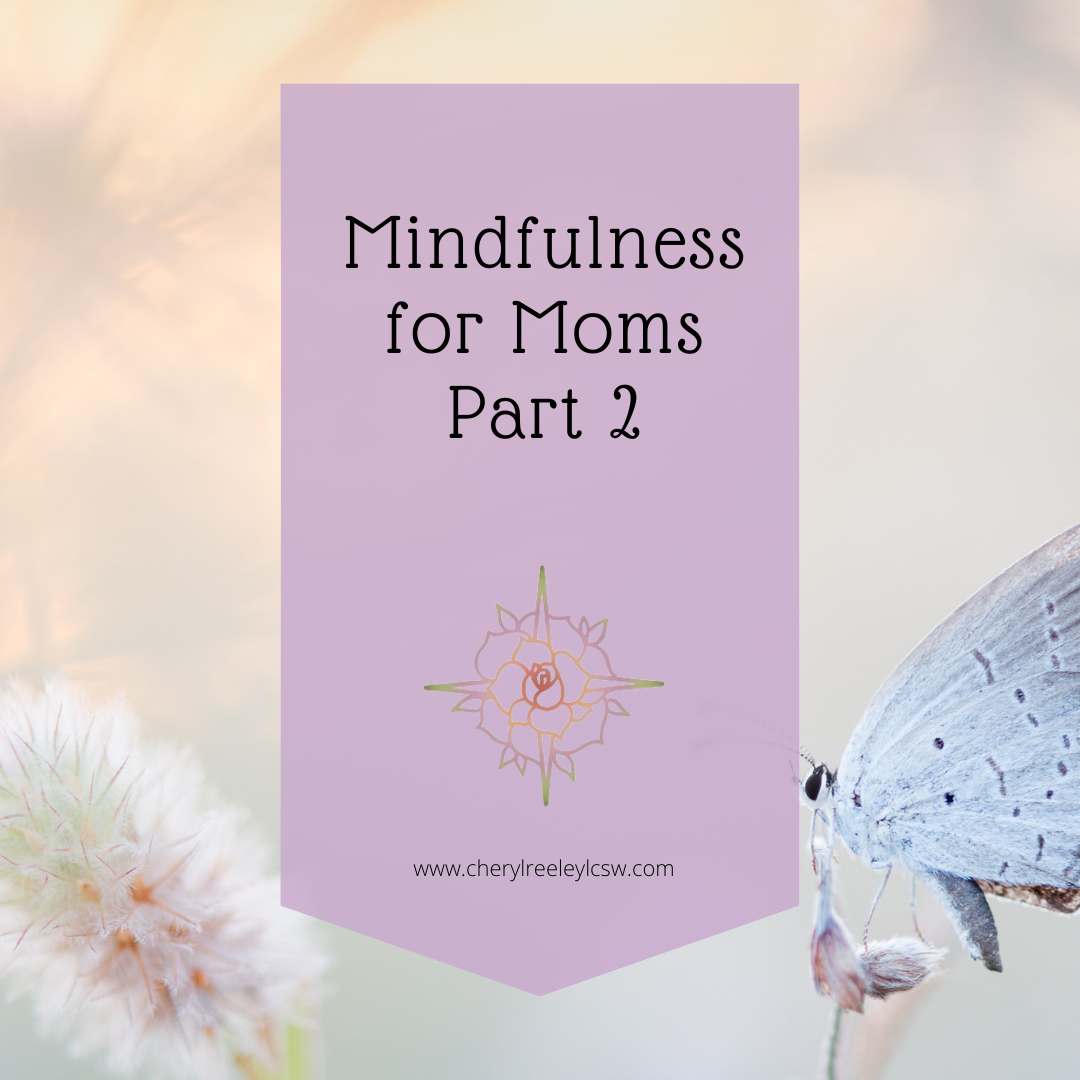
Mindfulness for Moms - Part 2
Mindfulness for Moms - Part 2. In this series, we will discover the benefits of practicing mindfulness in our everyday lives.
